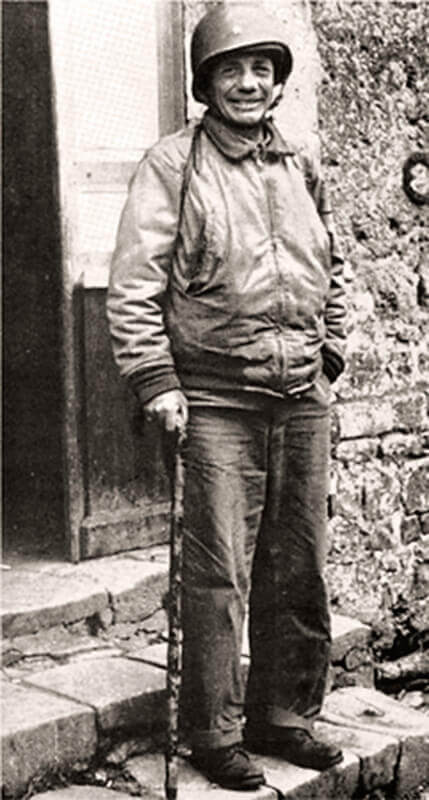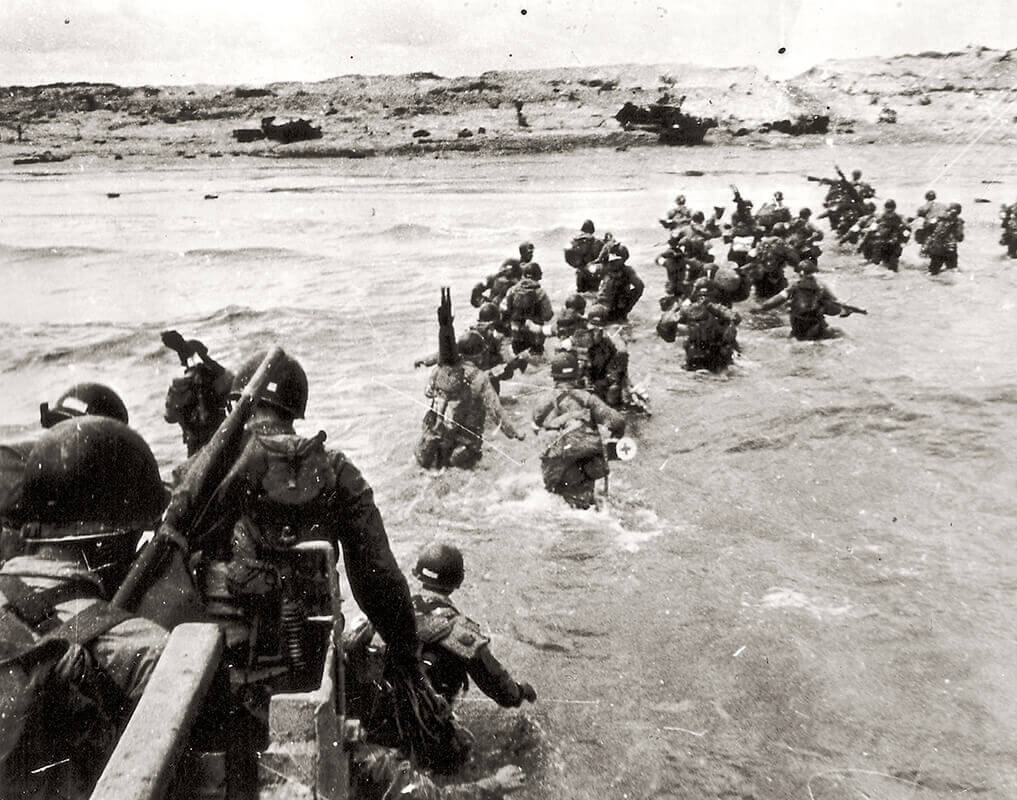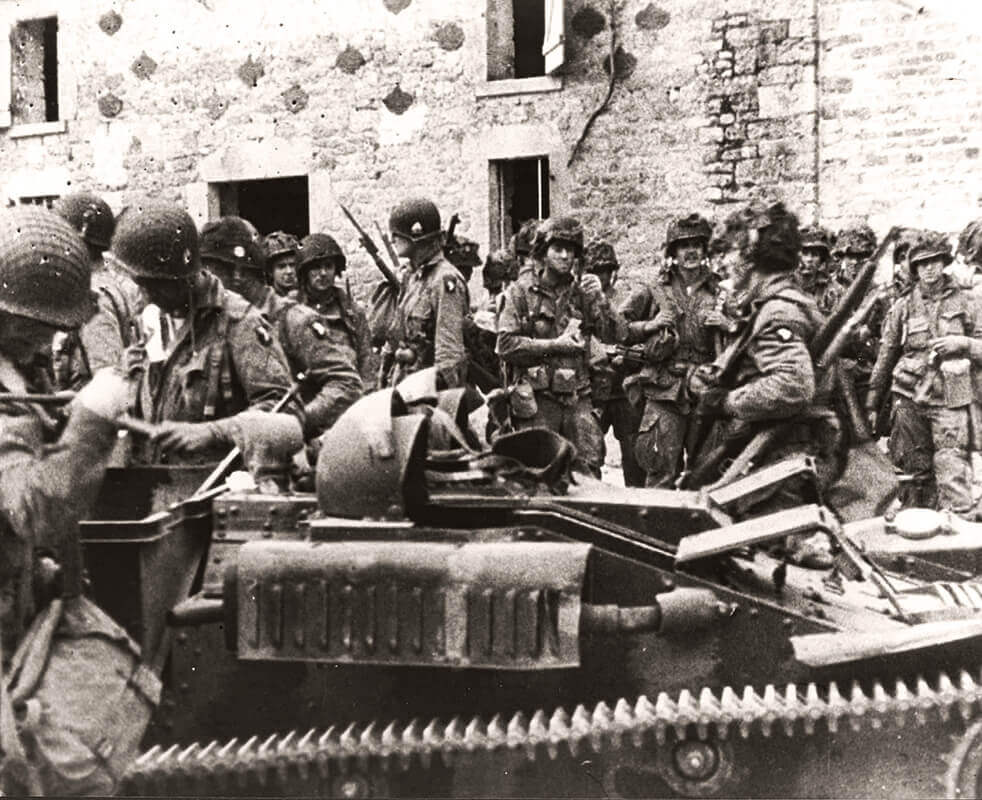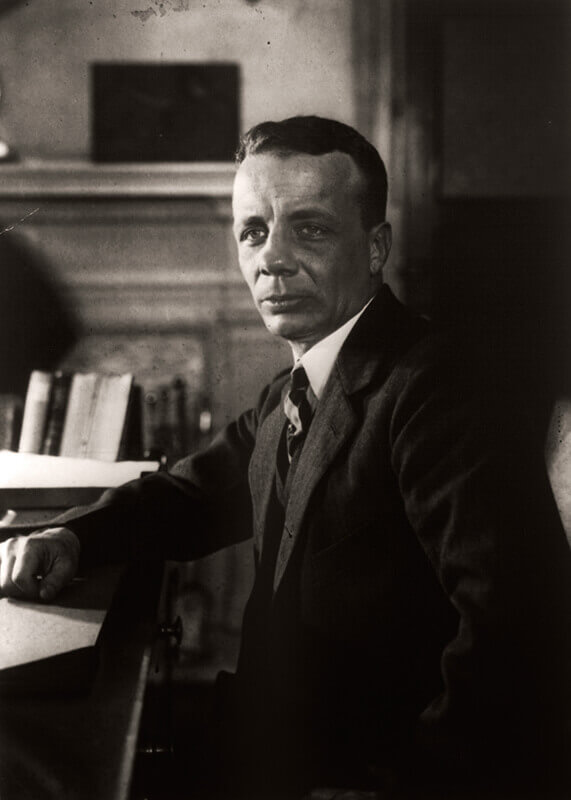"We'll start the war from right here!"
By Al R. Young
 |
| BGen T. Roosevelt, Jr. in France, 1944 |
 |
| Utah Beach Landings |
Having determined that the topography of the area was suitable for the landing of those waiting to follow the initial assault, he returned to the troops waiting where they had come ashore and declared: "We'll start the war from right here!"
His stirring invitation to courage is truly inspiring, but it is his example that provides valuable insight in any attempt to do likewise when confronted with a problem.
First, it seems doubtful that with the rest of the invasion waiting at his back the General really had much of a choice to do otherwise than he did; at least, not without potentially costly consequences to his men and to the invasion as a whole.
I do not say this to disparage the magnificence of his words and actions; indeed, my point is just the opposite: To the degree that General Roosevelt may have felt compelled to do what he did in the face of such circumstances, his heroism is the greater. To do what he did is courage indeed when circumstances seem unpropitious, when no real alternative presents itself, and when those in your charge are counting on you to lead them to victory.
 |
| Allied Troops on Utah Beach |
Third, the General did not lose his head. He did not engage in an emotional response to circumstances demanding reason.
Fourth, Roosevelt studied his situation, and when he announced to his men that they would start the conflict from where they were, it was not bravado. It was, instead, the simple and informed declaration of the only thing they could do -- and succeed.
Leadership is the use of one's character for the good of others.
 |
| Theodore Roosevelt, Jr. in 1921 when he was an Assistant Secretary of the Navy (ASN) |
Tags: 2012, Inspiration and creativity
Browse articles by year: 2025 . 2024 . 2023 . 2022 . 2021 . 2020 . 2019 . 2018 . 2017 . 2016 . 2015 . 2014 . 2013 . 2012 . 2011 . 2010 . 2009 . 2008 . 2007 . 2006 . 2005 . 2004 . 2003 . 2002 . 2001 . 2000 . 1999 . 1998 . 1997 . 1996
Browse articles by topic: Art lessons . BenHaven Archives . Blank art diaries . Fine art photography . Framing . Illustration . Inspiration and creativity . Isles of Rune . Limited Editions Collection . My Fathers Captivity . News . Novellas . Oil paintings and prints . Operations announcements . Orders and shipping . Overview . Portfolios . The Papers of Seymore Wainscott . Project commentaries . Recipes by Nancy Young . Recommended reading . Recommended viewing . Temple artworks . The Storybook Home Journal . Tips and techniques . Tools supplies and operations
Browse articles by topic: Art lessons . BenHaven Archives . Blank art diaries . Fine art photography . Framing . Illustration . Inspiration and creativity . Isles of Rune . Limited Editions Collection . My Fathers Captivity . News . Novellas . Oil paintings and prints . Operations announcements . Orders and shipping . Overview . Portfolios . The Papers of Seymore Wainscott . Project commentaries . Recipes by Nancy Young . Recommended reading . Recommended viewing . Temple artworks . The Storybook Home Journal . Tips and techniques . Tools supplies and operations